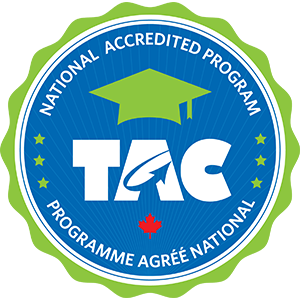Environmental Protection
Environmental Protection
The KPU Environmental Protection Technology (EPT) program is not accepting new students for September 2025. The intake for this program has been postponed indefinitely.
How can we help you?
